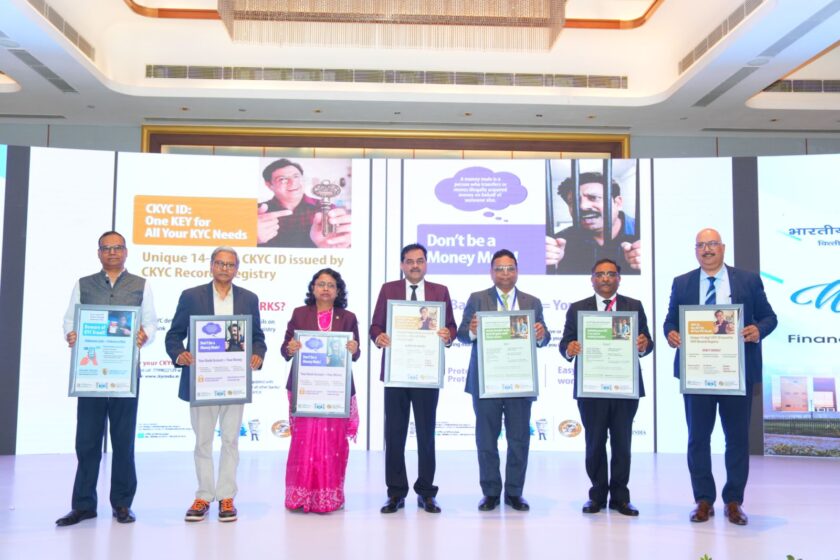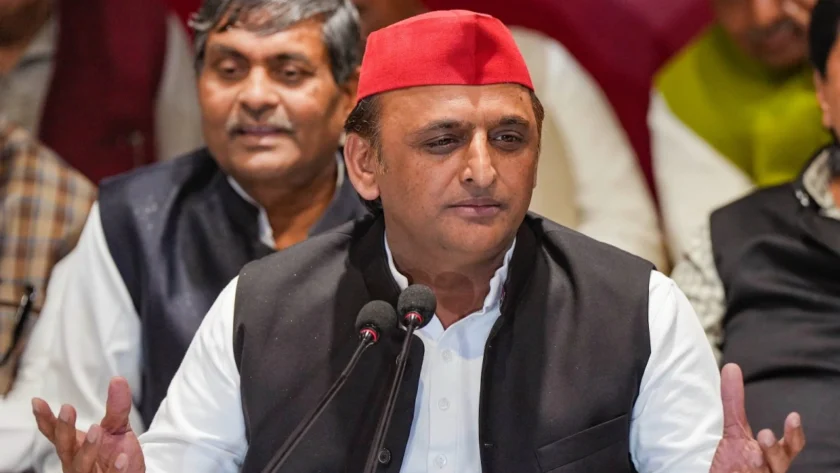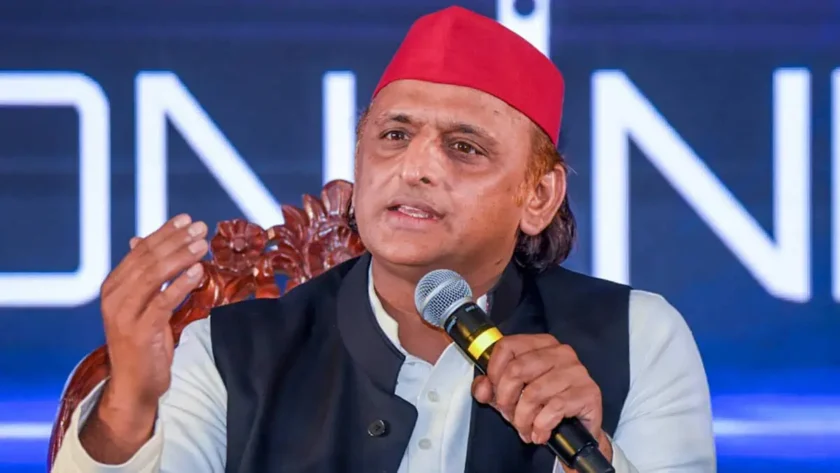Guwahati: The recent political skirmish between Assam Chief Minister Himanta Biswa Sarma and Congress MP Gaurav Gogoi has escalated into a deeply concerning confrontation, moving beyond mere policy debate to direct accusations of acting on behalf of a hostile nation. CM Sarma’s scathing tweet, asserting that Gogoi “acts on behalf of Pakistan” and is a “disgrace to Assam,” marks a dangerous turn in political discourse, raising questions about the boundaries of dissent and the weaponization of national security.
The genesis of this fiery exchange lies in Gogoi’s Lok Sabha remarks during the ‘Operation Sindoor’ discussion. As the Congress Deputy Leader, Gogoi questioned the Centre’s transparency and accountability regarding the April 22 Pahalgam terror attack in Jammu and Kashmir, which claimed 26 civilian lives. His pointed queries about how highly armed terrorists infiltrated despite extensive intelligence systems, and the government’s perceived failure to clarify their entry and escape routes, are legitimate concerns that any robust democracy should accommodate. Defence Minister Rajnath Singh’s response, while offering information, evidently did not fully satisfy Gogoi, who demanded “moral responsibility” from Union Home Minister Amit Shah for what he termed “security breaches.”
However, CM Sarma’s counter-attack has transcended policy critique, delving into deeply personal and grave allegations. His accusations center on Gogoi’s “clandestine visit and strong connections to Pakistan’s elite,” and even the citizenship status of Gogoi’s wife and children. Sarma’s promise of “damning” proof on September 10, and his earlier insinuation that Rahul Gandhi would regret Gogoi’s leadership appointment, suggest a meticulously planned political offensive rather than a spontaneous outburst. The Chief Minister has also alleged that Gogoi’s wife collected private information on the Indian government for foreign climate advocacy groups, and hinted at ties to Pakistan’s ISI and Interior Ministry, linking these to a pre-parliamentary visit to Pakistan from his then-residence at the Chief Minister’s house.
Such accusations, when leveled by a Chief Minister, carry significant weight and demand rigorous scrutiny. While holding the government accountable for security lapses is a fundamental duty of the opposition, equating critical questioning with acting “on behalf of Pakistan” sets a perilous precedent. In a democratic framework, robust debate and even sharp criticism are vital for good governance. However, transforming political disagreements into allegations of sedition or foreign collusion risks stifling legitimate opposition and poisoning the well of public trust.

The Congress party, for its part, has often faced accusations of being soft on national security. This history, combined with the extreme nature of Sarma’s claims, puts Gaurav Gogoi and the Congress party on the defensive. The demand for transparency regarding family citizenship and past visits to Pakistan, though highly personal, becomes part of the broader narrative when hurled from such a prominent public office.
As the political temperature continues to rise, especially in the run-up to future elections, it is imperative that these serious allegations are addressed with facts and evidence, not just rhetoric. If CM Sarma possesses the “damning” proof he claims, it must be presented and subjected to due legal and public process. Conversely, if these are unsubstantiated charges, they represent a dangerous erosion of democratic norms, where political rivals are branded as traitors for simply performing their duties as an opposition. The future of democratic discourse in India hinges on maintaining a clear distinction between spirited political debate and baseless, character-assassinating accusations that undermine the very fabric of national unity and democratic accountability.










